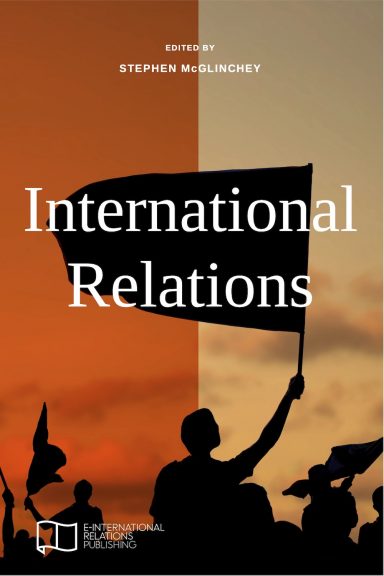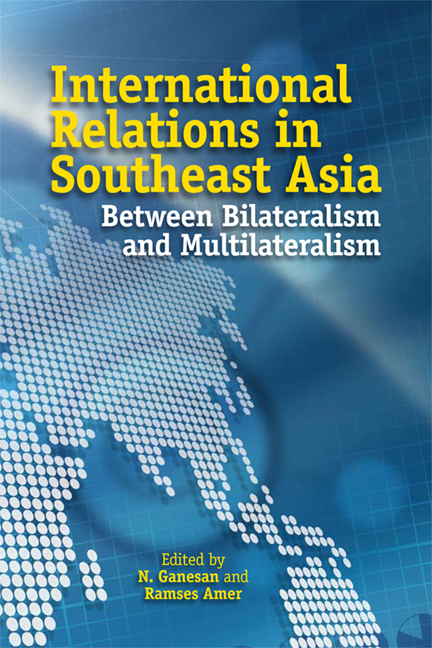
(9)” This is a fascinating, detailed, and comprehensive analysis on multiple levels, examining the concepts of time, temporality, and the theory of timing, the theories that undergirds international relations, and how these abstract conceptions operate within the world of global politics.

International Relations and the Problem of Time interrogates time, examining “what constitutes it, what it means to speak of time and temporality, and how these relate to our wider effort to theorize, explain, and understand global politics.

As Hom notes in our interview, once you start to look for the issue of time and timing in international relations, it becomes clear that it is everywhere and that it is vitally important to understand in our thinking about international relations theory, and how policy and decisions are made and implemented. The basic theory of timing integrates narrative, which also helps us to understand or put form on to the events that transpire in the world. International Relations and the Problem of Time(Oxford UP, 2020) theorizes about timing, which is connected but also distinct from time. Hom explains that time is, in fact, how we think through our lives and, as such, it acts as a framework. This growing interest in the understanding and role of time, and how this forms and structures politics and, as a result, our lives is at the center of Hom’s research and his unpacking of important international relations theories to discern where and how the theory of timing is integrated into these broader concepts. The subject of time is a growing field of research and scholarship in political science and political theory, and Hom’s book spans both these areas by focusing on the way that time and the theory of timing contributes to and shapes our understanding of international relations and the theories that frame international relations.

Andrew Hom’s new book examines what he calls the “problem of time” in context of international relations and international relations theory.


 0 kommentar(er)
0 kommentar(er)
